Hillary Clinton’s Portrait Reveal Gets Torn Apart by Social Media
The State Department headquarters in Foggy Bottom, Washington, D.C. recently revealed the official portrait of Hillary Clinton.
The unveiling aimed to recognize Clinton’s service as the Secretary of State. However, the reveal swiftly became a topic of widespread discussion and debate on various social media platforms.
Details of the Portrait
The painting showcases Hillary Clinton dressed in a light green outfit, with an American flag serving as the backdrop. This particular choice of color and design contrasted with the red stripes of the American flag, leading to various interpretations.
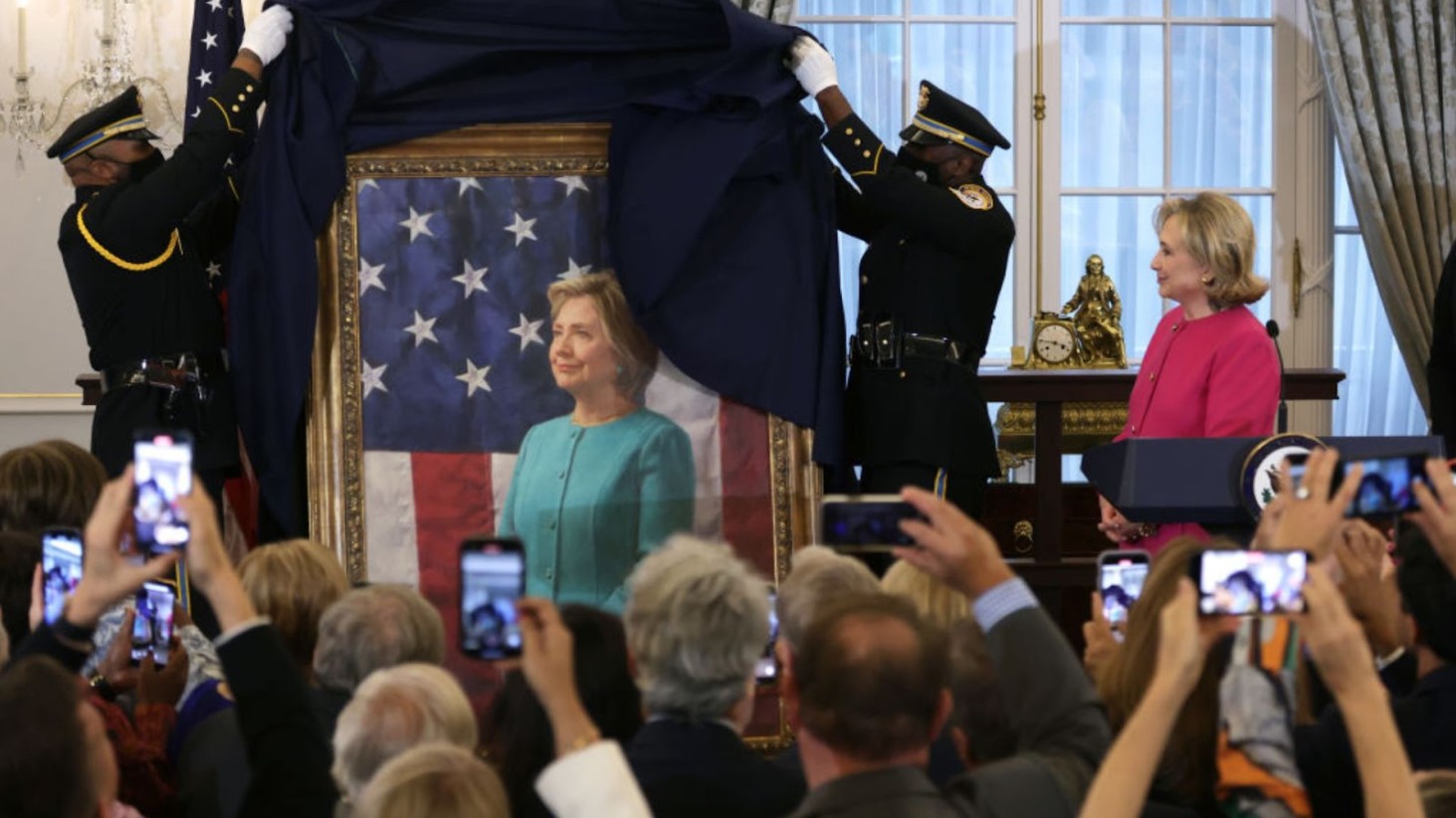
Source: Getty Images
Observers noted Clinton’s facial expression, where she seems to be looking away from the viewer, adding to the discussions around the portrait’s design.
The Benghazi Controversy Returns
Conservative activist Laura Loomer responded to the unveiling by raising questions about the Benghazi incident. She inquired on social media about the absence of any depiction related to Ambassador Christopher Stevens’ tragic death in Benghazi, Libya.
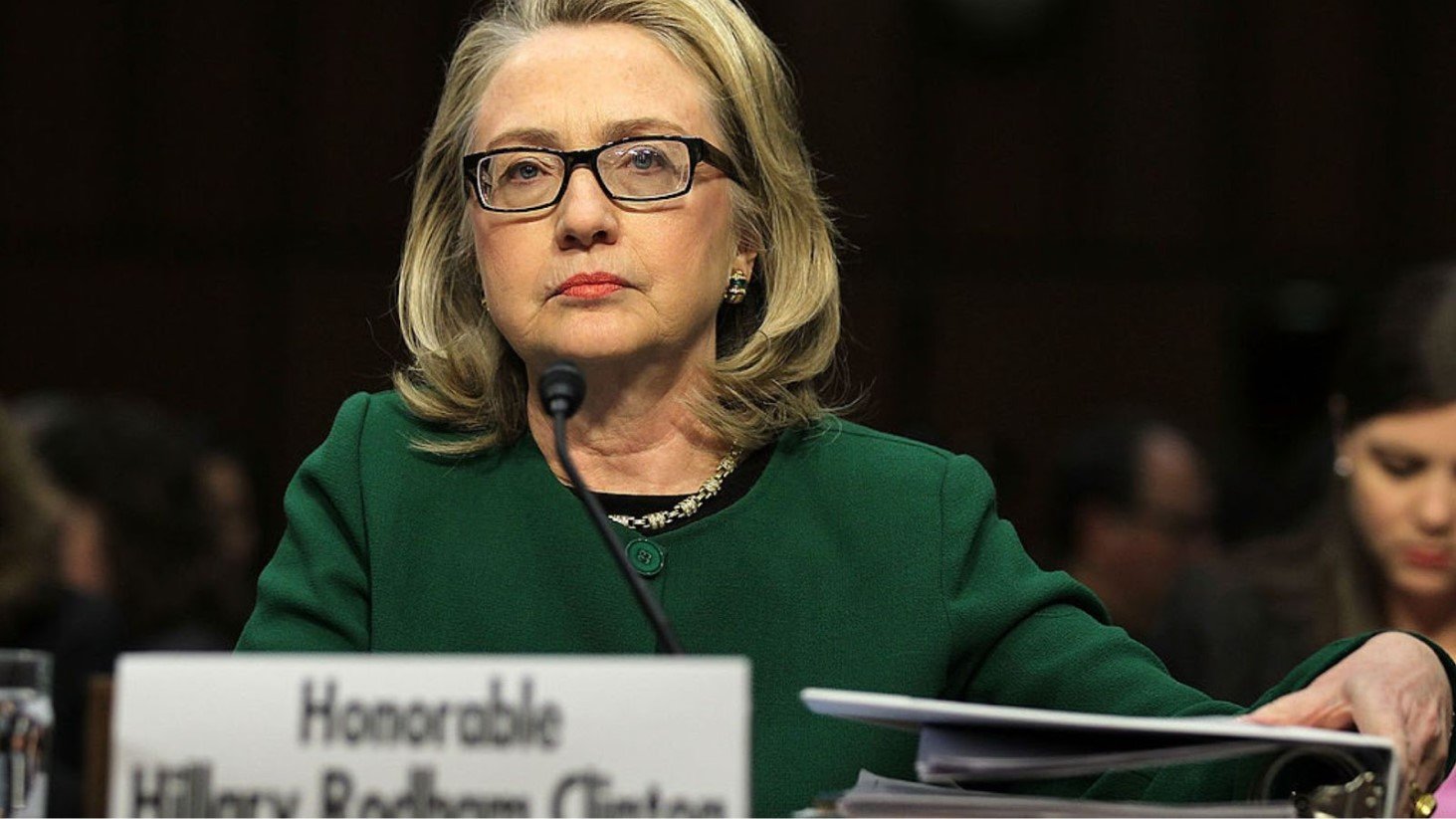
Source: Getty Images
This comment reignited discussions about the events during Clinton’s tenure as Secretary of State, especially regarding the Benghazi incident.
Public Reactions
Following the unveiling, public sentiment showcased a wide spectrum of reactions, ranging from admiration to critique.
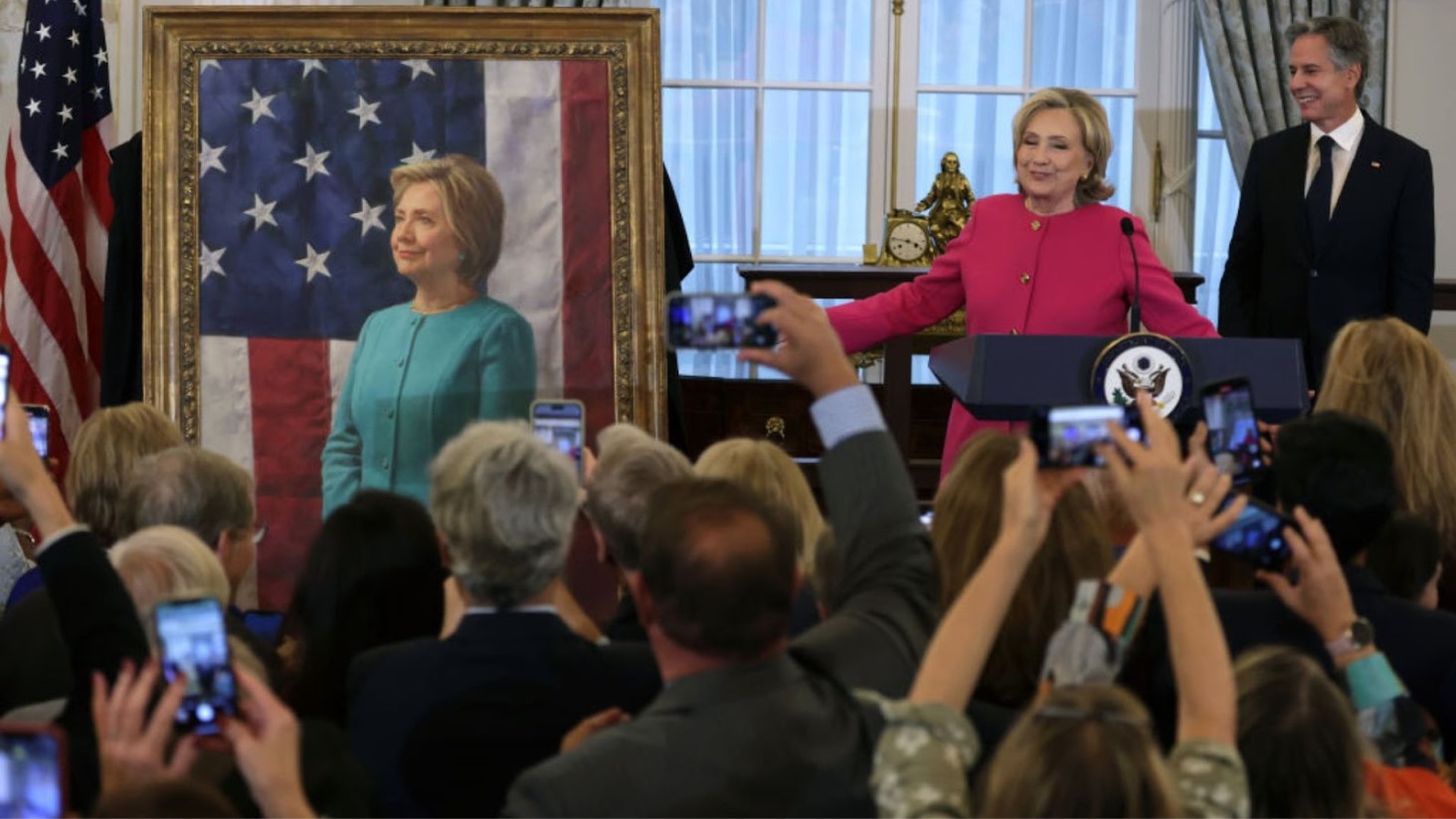
Source: Getty Images
While some comments centered on acknowledging Clinton’s service, others utilized this moment to voice criticisms from the past. The portrait became a medium for the public to reflect on her political journey and decisions.
Artistic Elements Analyzed
Detailed observations around the portrait’s design were abundant. The mandarin collar and the buttons on Clinton’s dress drew comparisons to mid-twentieth-century Nehru jackets.
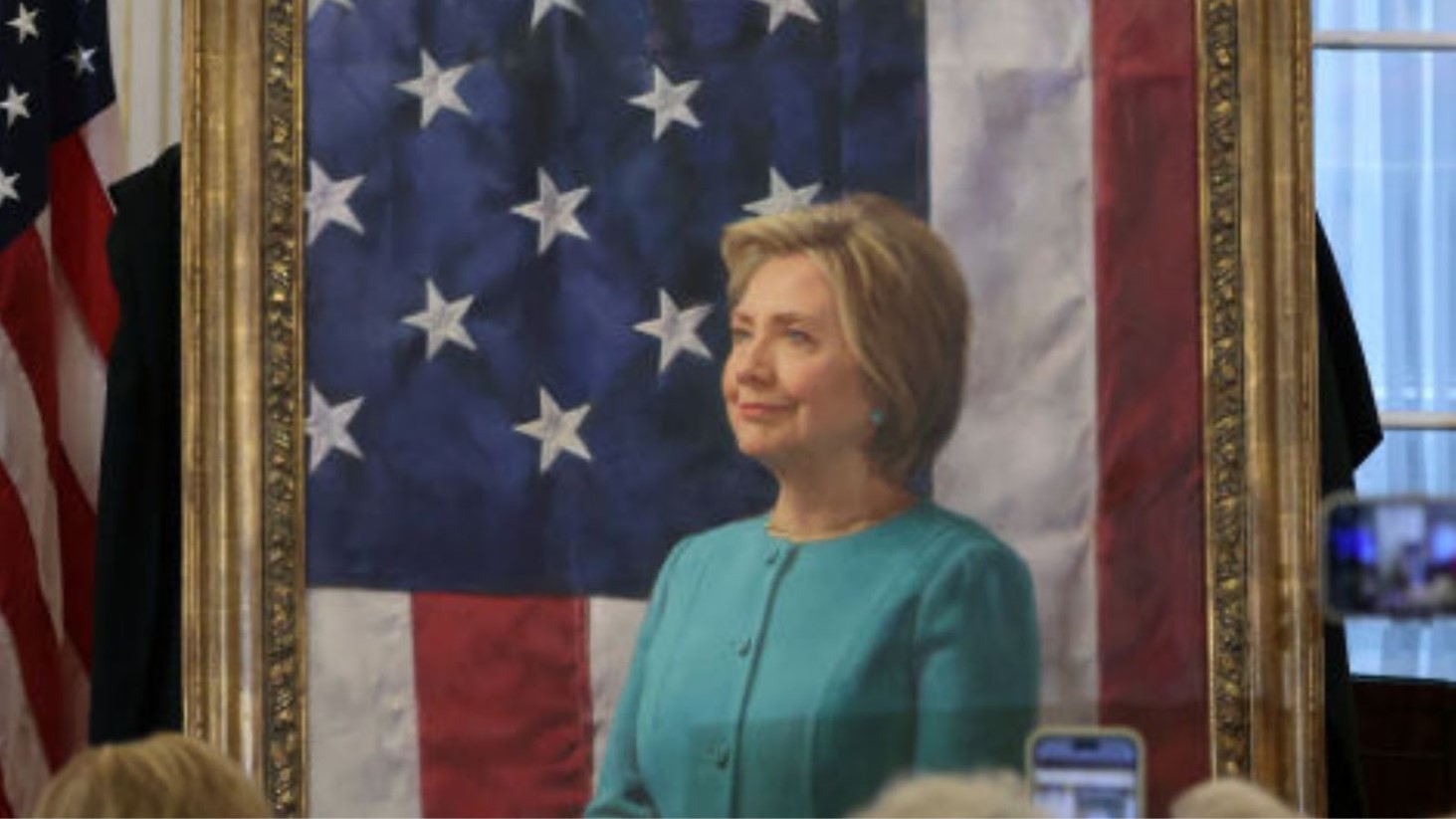
Source: Getty Images
These discussions led many to wonder about the intended symbolism and messages behind such artistic decisions, generating further debate.
Legacy Under Review
With the portrait’s unveiling, there emerged a renewed examination of Clinton’s legacy. The artwork served as both a commemoration of her tenure and a mirror reflecting the myriad of opinions the public holds about her.
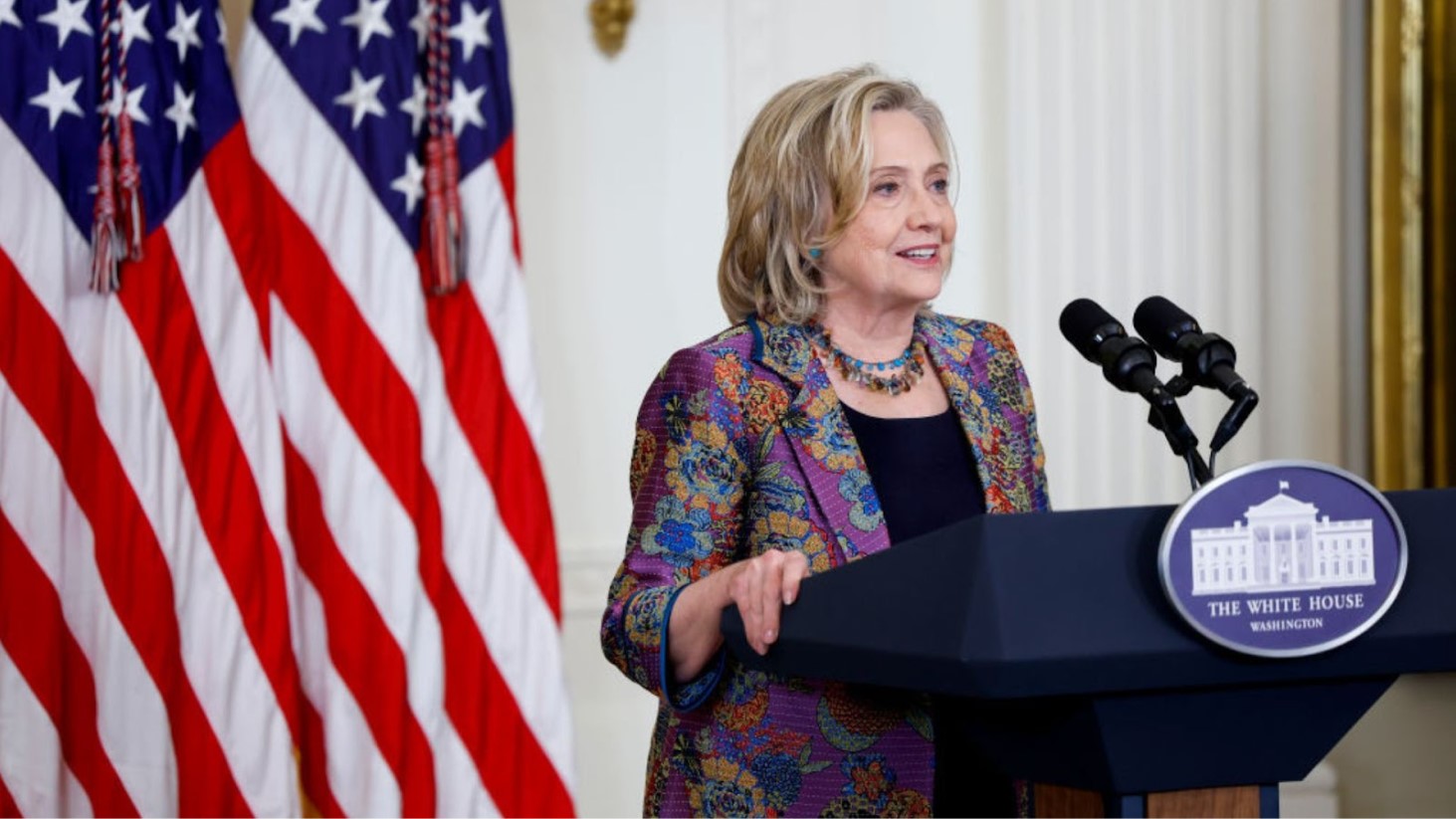
Source: Getty Images
Each detail of the portrait was viewed as a potential insight into her political trajectory.
Varied Public Perspectives
The responses to the unveiling on social media ranged from positive remarks to critiques and questions. While Hillary Clinton expressed gratitude and pride about her official portrait, it’s evident that public sentiment remains varied.
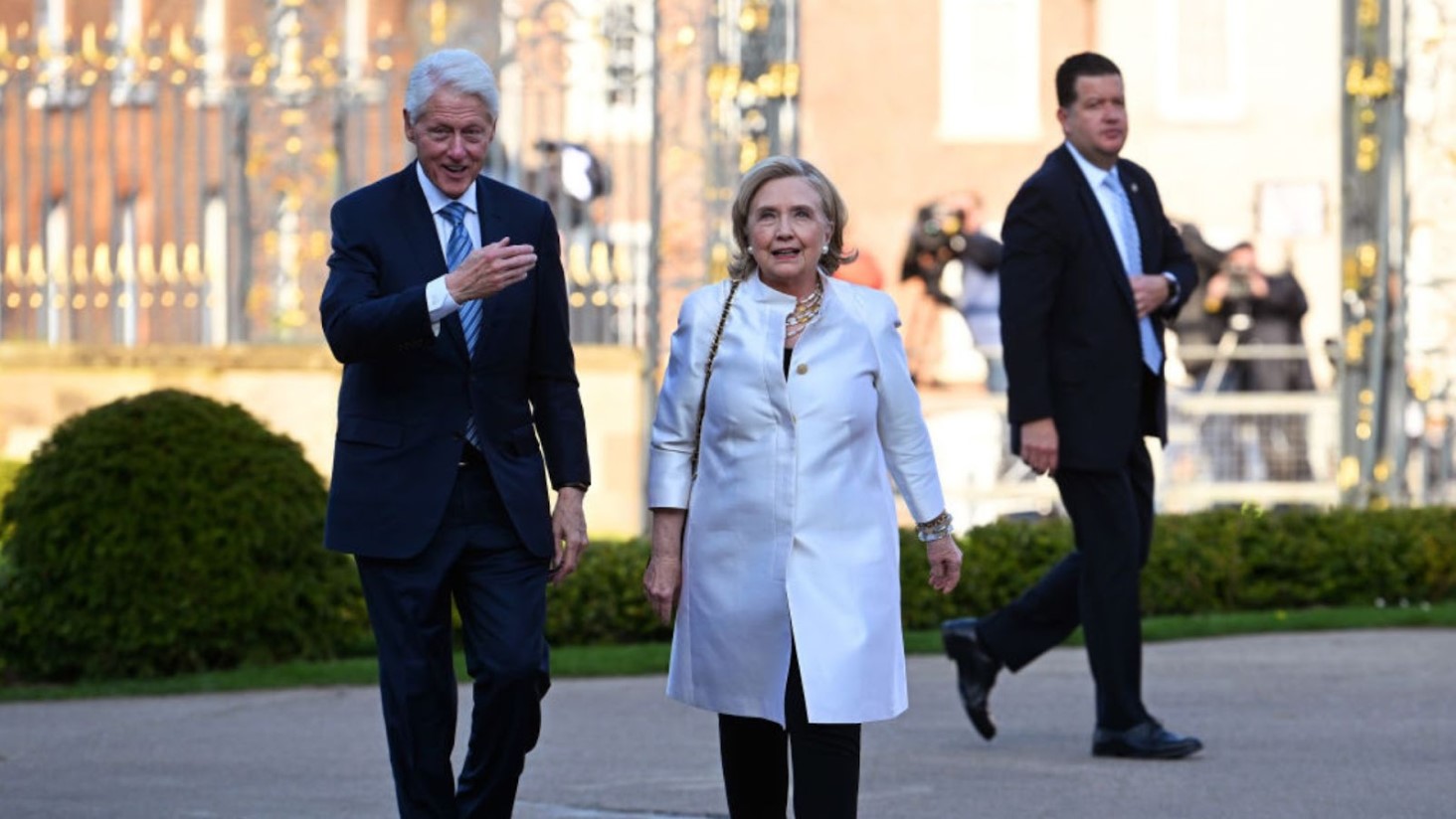
Source: Getty Images
The portrait not only captured Clinton’s likeness but also the complexity of public opinions about her.
Questions of Symbolism
Clinton’s portrait, particularly her choice of attire and the backdrop, raised questions about its underlying meanings. Some wondered if the artistic elements were intentional choices or merely coincidental decisions.
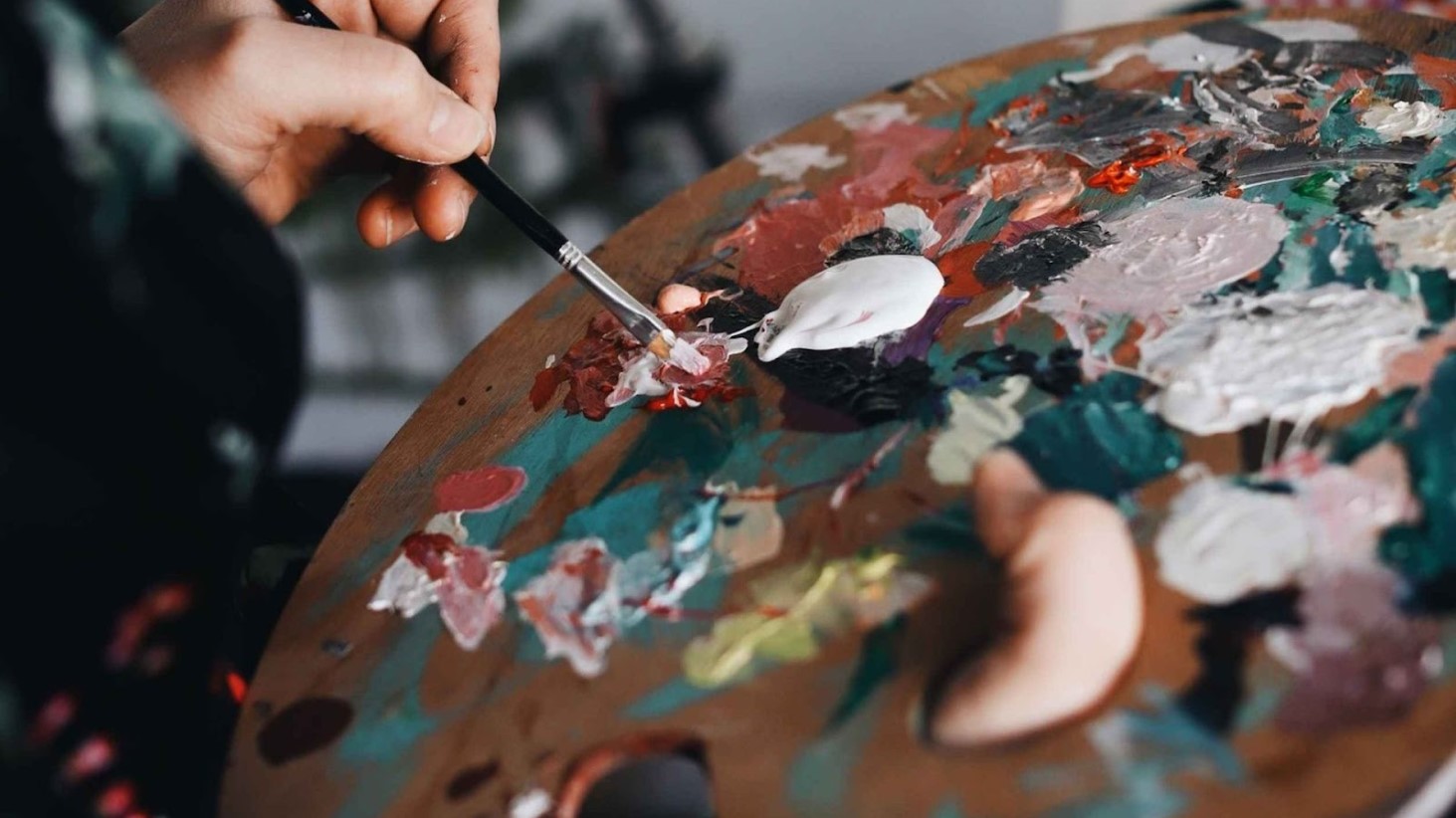
Source: Tabitha Turner/Unsplash
The discussion further delved into how each detail might symbolize moments or controversies from her tenure as Secretary of State.
The Broader Picture
Beyond the portrait’s aesthetics, the unveiling became an opportunity to reflect upon Hillary Clinton’s broader political journey.
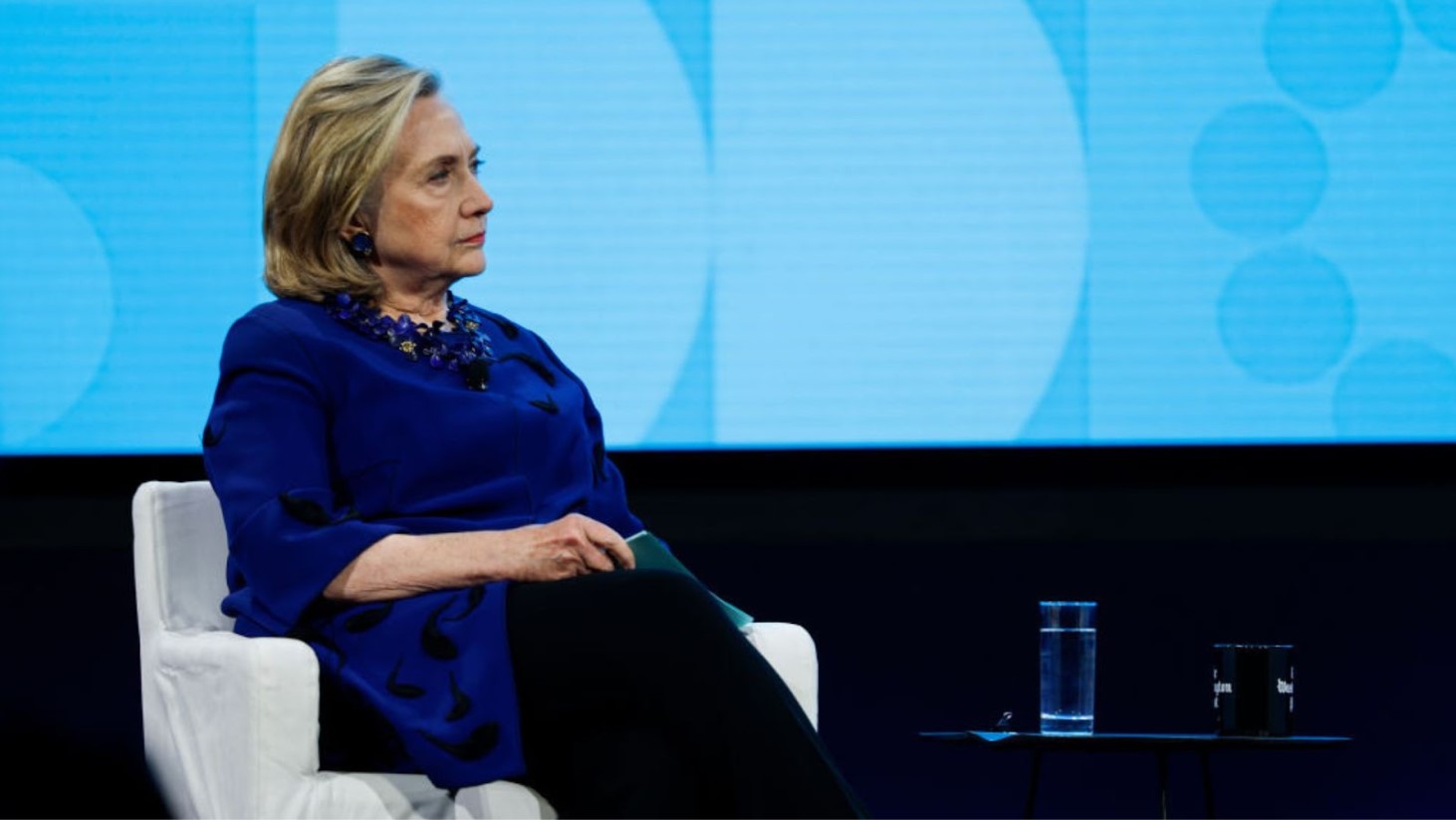
Source: Getty Images
The piece stands as a tangible representation of her time in public service and the subsequent discussions highlighted the diverse perspectives surrounding her career and decisions.
Intense Public Scrutiny
Each aspect of the portrait, from Clinton’s dress to her expression, underwent intense public scrutiny.
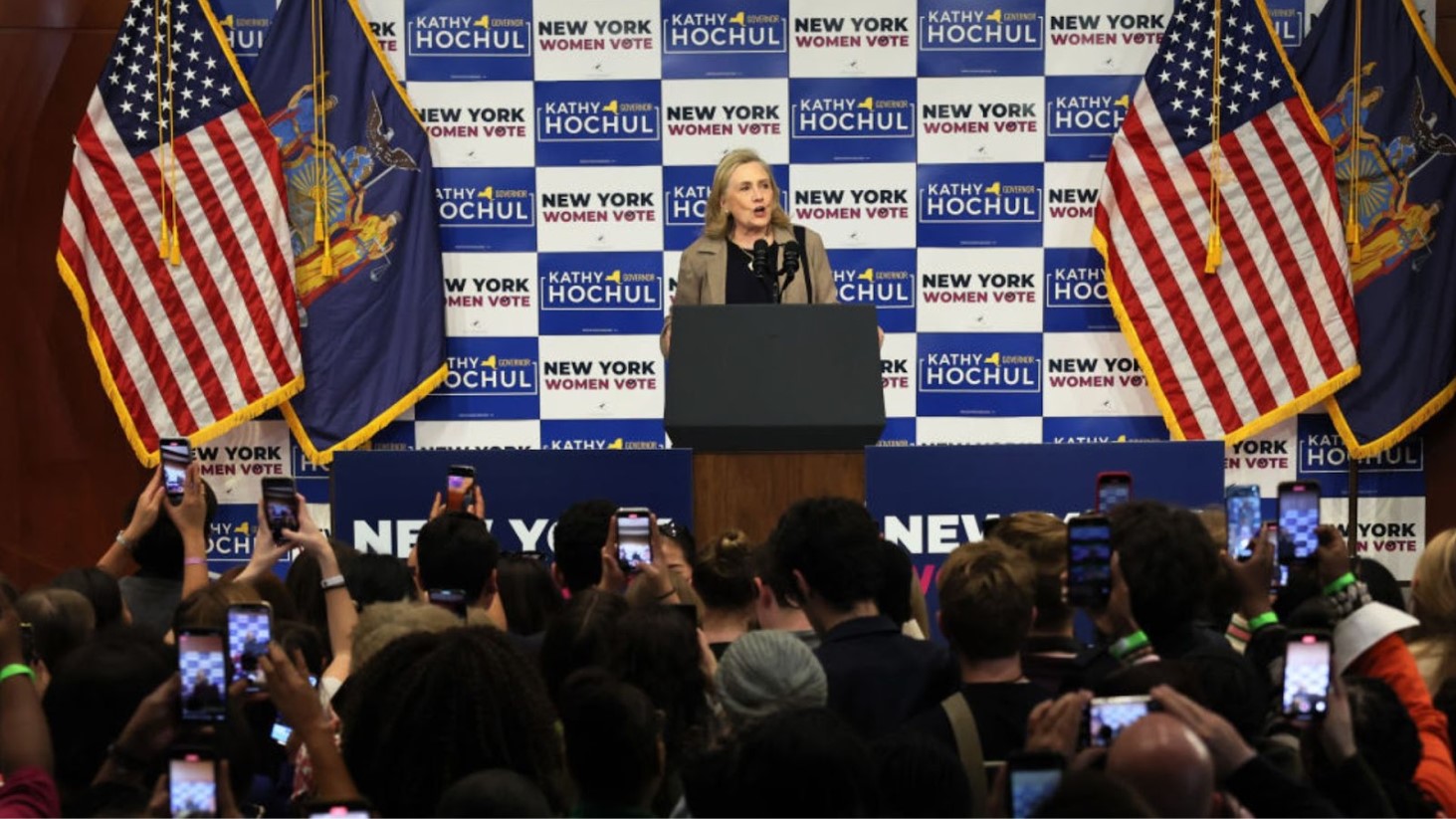
Source: Getty Images
As discussions swirled, the artwork’s details became focal points for debates, underlining Clinton’s long-standing and multifaceted position in the realm of American politics.
The Unveiling's Implications
The unveiling of the portrait was more than a ceremonial event. It served as a platform that reignited long standing discussions and sentiments regarding Clinton’s political decisions and legacy.
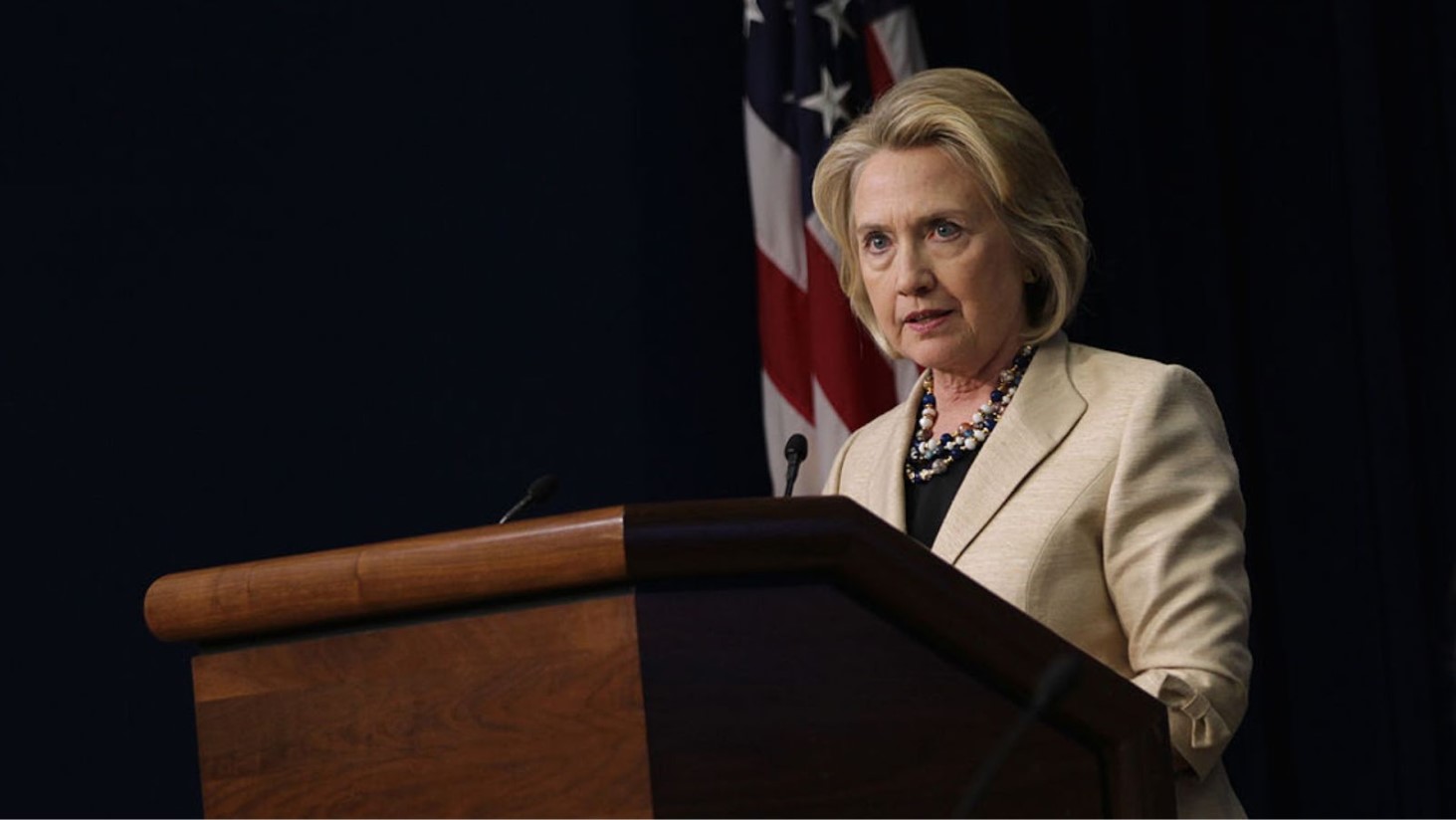
Source: Getty Images
The portrait, thus, transcends its role as an artwork, serving also as a reflection of public discourse.
A Lasting Impression
The unveiling of Hillary Clinton’s portrait is not confined to the acknowledgment of a political figure, but extends into a nuanced discourse on her enduring influence in American politics.
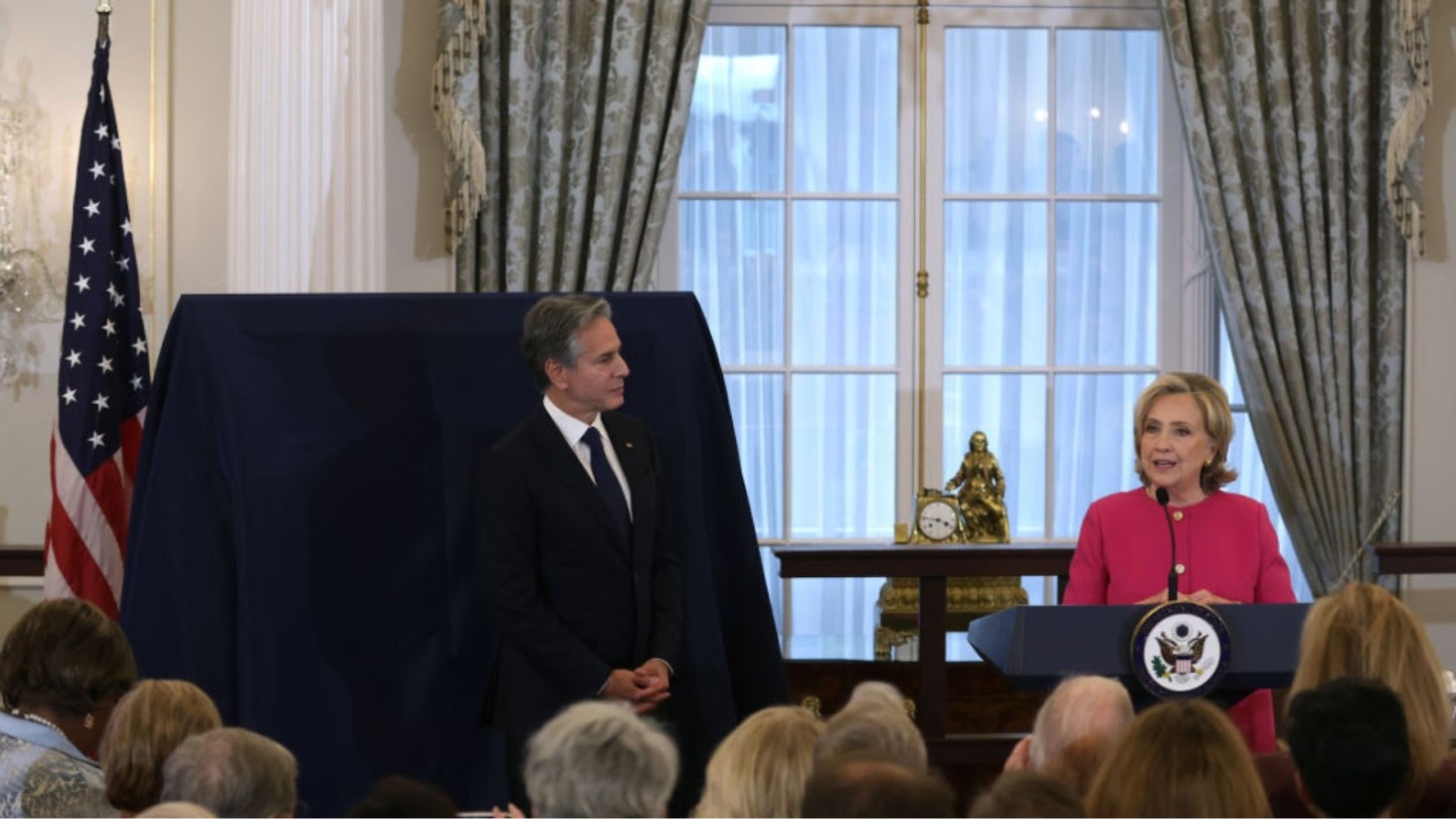
Source: Getty Images
The portrait, with its intricate details and expressive elements, serves as a gateway to revisit, analyze, and interpret the multifaceted narrative of Clinton’s public service career.
